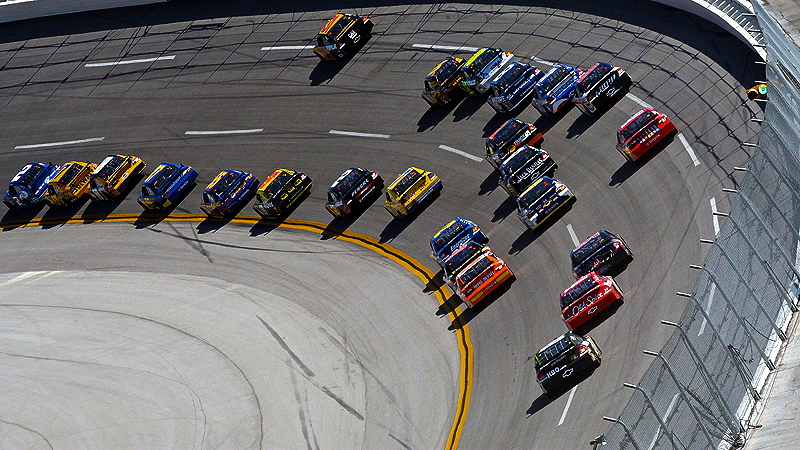No they just lean their head on the headrest, both hands are on the wheel or one is fiddling with the brake bias.Andres125sx wrote:They relax on some corners.... to relax, but they have to hold their head on every single corner. You´re talking about some scence we´ve seen where drivers put his hand between the helmet and the cockpit to support the helmet and relax the neck... That actually is the proof they´re on the limit. They couldn´t hold their head/helmet for a whole race and needed to relax from time to time
Some drivers lean their heads in one or two corners if it´s a long one. Some don´t.
Not because they get dizzy, not because it´s a black out,
it´s because it takes a toll on the neck in those particular corners like the massive Turn 8 of Turkey.
F1 drivers are not near any human limits when it comes to Formula 1 cars.
Jet planes are though as they can do more then what the human body can do.
Humans can still do more then what F1 cars can do.
Also the CART thing, wrong, it´s the banking that caused problems. It´s superspeedway tracks.

That´s the problem. The banking. Not the G force.
Turkey Turn 8 you probably experience 5G for 5 seconds at most. So there´s plenty of scope left before we are starting to reach any limits on non-banked circuits.Horizontal axis g-force[edit]
The human body is better at surviving g-forces that are perpendicular to the spine. In general when the acceleration is forwards (subject essentially lying on their back, colloquially known as "eyeballs in"[13]) a much higher tolerance is shown than when the acceleration is backwards (lying on their front, "eyeballs out") since blood vessels in the retina appear more sensitive in the latter direction[citation needed].
Early experiments showed that untrained humans were able to tolerate a range of accelerations depending on the time of exposure. This ranged from as much as 20 g for less than 10 seconds, to 10 g for 1 minute, and 6 g for 10 minutes for both eyeballs in and out.[14] These forces were endured with cognitive facilities intact, as subjects were able to perform simple physical and communication tasks. The tests were determined to not cause long or short term harm although tolerance was quite subjective, with only the most motivated non-pilots capable of completing tests.
Then we can also look at the fact that today´s cars are slower then some older cars so it´s physically impossible to be at the limit if you have slower cars today.
